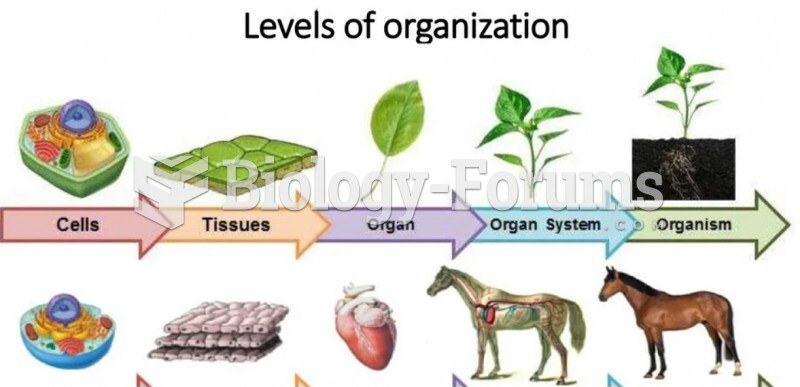Which of the following lists the levels of involvement in global marketing from the lowest to the highest?
A) Regional marketing, multinational marketing, limited exporting, domestic marketing, globalized marketing
B) Limited exporting, domestic marketing, globalized marketing, multinational marketing, regional marketing
C) Globalized marketing, multinational marketing, regional marketing, limited exporting, domestic marketing
D) Domestic marketing, globalized marketing, regional marketing, multinational marketing, limited exporting
E) Domestic marketing, limited exporting, multinational marketing, regional marketing, globalized marketing
Question 2
An old adage states that all publicity is good publicity. However, Professors Jonah Berger of the Wharton School, and Alan Sorensen and Scott Rasmussen of Stanford found that there is such a thing as bad publicity. The colleagues studied the relationship between bad publicity and its impact on music albums, books, and movies. In 2010, they published their findings in an article in Marketing Science. After studying cases involving the late Michael Jackson, Russell Crowe, and various authors, the colleagues concluded that negative publicity can increase product sales. Michael Jackson sold more albums after receiving negative media attention, and films starring Russell Crowe received higher rankings following an incident in which he allegedly threw a cell phone at a hotel employee. These high-profile stars actually thrived after receiving substantial amounts of negative publicity. However, in many lower profile cases, negative publicity hurt sales and product reception. The three colleagues conducted an analysis of The New York Times' reviews and book sales and found that negative reviews hurt sales of books by well-established authors, but helped sales of books by relatively unknown authors. After conducting their study, the authors found that conventional wisdom is wrong: not all publicity is good publicity. But they did show that negative publicity can sometimes be positive; it all depends on existing-product awareness. Although it is sometimes unavoidable, one way to prevent negative publicity is to develop a ______ public relations strategy that focuses on opportunities to accomplish something positive.
a. reactive
b. damage-control
c. proactive
d. situational







